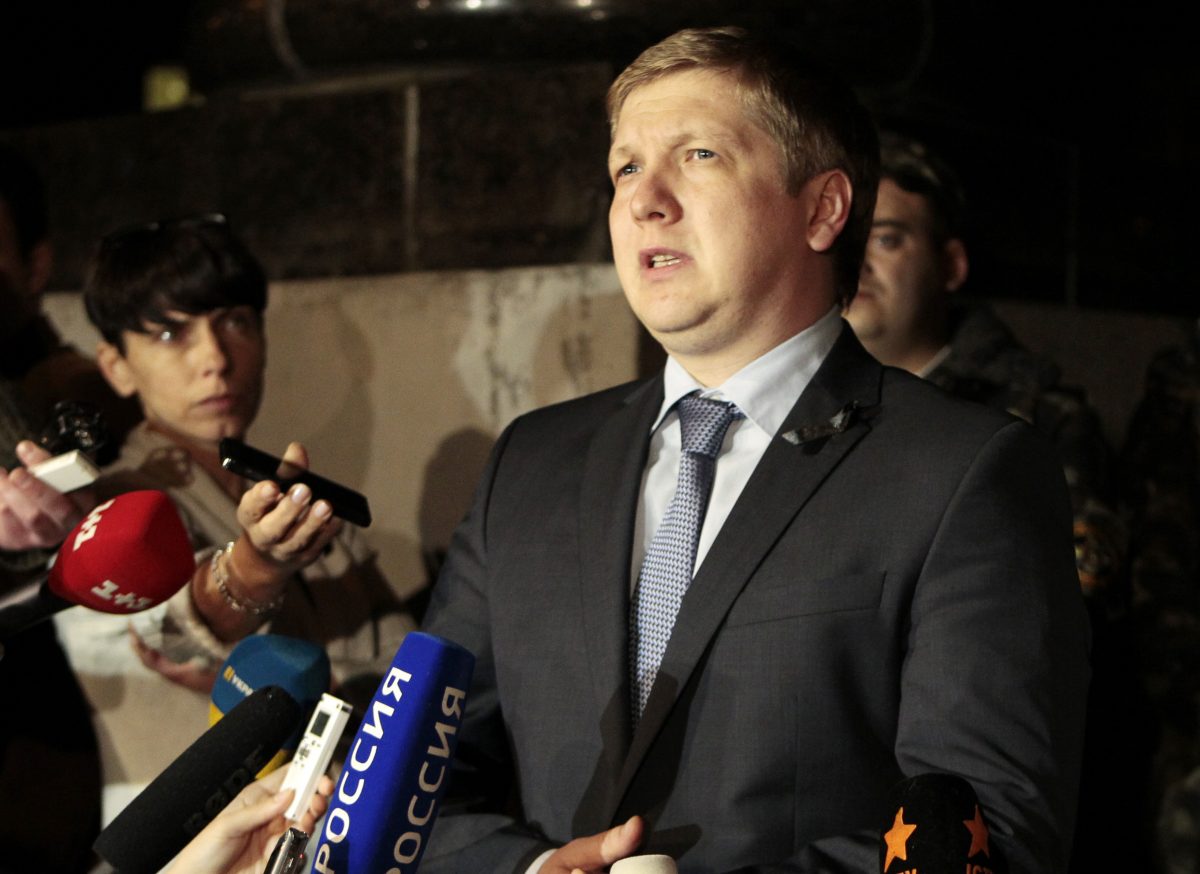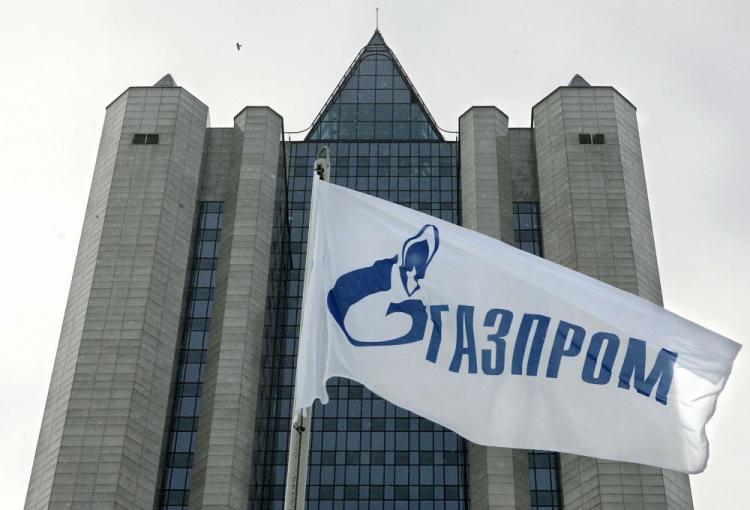Since 2014 when Andriy Kobolyev was appointed as CEO of state-owned Ukrainian oil and natural gas company Naftogaz, the company turned around annual losses of $6.5 billion to annual profits of $8.5 billion, accounting for 8 percent of the countrys revenue.
Kobolyev explained during an interview at the Atlantic Council on March 3 that this success can be attributed to a new business model that the new management team under his leadership implemented. First, the company broke its dependency on Russian gas that was sold at prices higher than the fair market price.
Previously, deals between Russia and Ukraine had been handled by intermediaries, which contributed to the corruption. In addition, gas produced domestically was heavily subsidized by the state and sold at cheap prices, thus creating opportunities for corruption, and preventing incentives for consumers to use it efficiently. Kobolyev said that Ukrainian gas consumers would use three to four times more gas than people in comparable Eastern European countries.
Kobalyev and his team managed to diversify gas sources through making deals with European suppliers and improving energy efficiency, as well as changes to management practices in the firm, thus making the company profitable.
He said further improvement will be achieved in May when the Ukrainian government repeals the obligation to sell gas through intermediaries in order to comply with a requirement set by the International Monetary Fund (IMF). This will allow Naftogaz to sell gas directly to households, Kobolyev said.


When asked about measures that could be taken by other large state-owned enterprises that want to replicate Naftogaz s success, Kobolyev said that the key to his company success was corporate governance reform. The most success can be achieved when the state does not intervene in the company operations and governance, he said. If the “state intervenes then the result is significantly less attractive, … less profitable, or less value-creating and that was the main reason why Naftogaz managed to succeed,” Kobolyev said.
Kobolyev was also a proponent of a long-term plan to privatize Naftogaz, the strategy approved by the former Ukrainian government, and believed that this strategy should be applied to “all major enterprises which dont have strategic impacts on vulnerable areas of economy.”
Another factor that significantly contributed to the Naftogaz success was “zero tolerance for corruption,” according to Kobolyev.
Naftogaz Deal With Russias Gazprom
Naftogaz signed a 5-year deal with Russian state-owned company Gazprom ensuring uninterrupted transit of Russian natural gas to Europe on Dec. 30, 2019. The agreement requires Gazprom to ship 65 billion cubic meters (bcm) of gas to Europe through Ukraine in 2020—22 bcm less than Gazprom transited in 2018—and 40 bcm annually over the following four years. Gazprom has also paid Naftogaz $2.9 billion awarded by the Stockholm arbitration court, which, together with additional interest and back payments, amounts to about $5 billion, said Michael Carpenter, managing director of the Penn Biden Center for Diplomacy and Global Engagement.
Carpenter emphasized that the agreement “is not a take or pay clause“—the Russian company is obligated to send a certain volume of gas through Ukraine to its European customers regardless of how much is used—guaranteeing Ukraine at least $7 billion in transit fees.
In return, Naftogaz agreed to “drop most of the claims and assets that it was seeking to attach or freeze … in various parts of Europe with the exception of claims that Ukraine maintains to stolen properties in illegally annexed Crimea,” Carpenter said.
The transit volume was a compromise, but for Ukraine the agreed volume is better than expected due to the sanctions imposed by the United States on the construction of the Nord Stream 2 pipeline. Nord Stream 2 is a gas pipeline under the Baltic Sea running directly from Russia to Germany and was expected to go online at the end of 2019. Due to the U.S. sanctions, the completion of Nord Stream 2 will be significantly delayed, possibly for at least a year, according to Carpenter.


“All in all, its a great deal,” Carpenter said. “It is a compromise—nobody got a hundred percent of what they wanted—but it is a great deal for Ukraines energy security.”
Atlantic Council Eurasia Center Director and former U.S. ambassador to Ukraine John Herbst said that it had been foreseen in 2014 that Russia could potentially “use gas as a weapon in the winter of 2014-2015,” and Kobolyev, together with his team, enacted “reforms to increase gas pricing to reduce overuse of gas and the great pressure on the budget coming from the gaRead More – Source
[contf]
[contfnew]

The Epoch Times
[contfnewc]
[contfnewc]























































